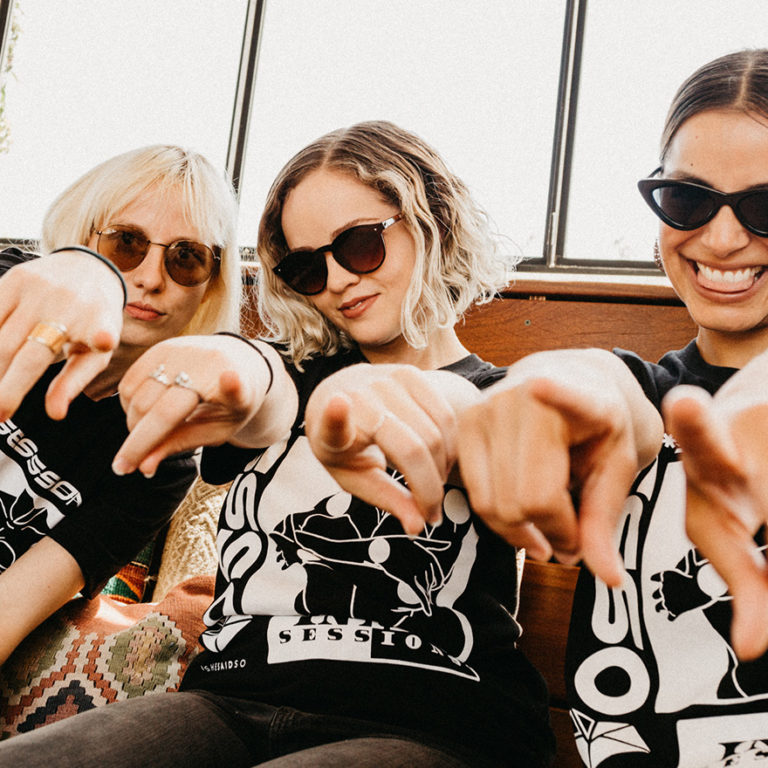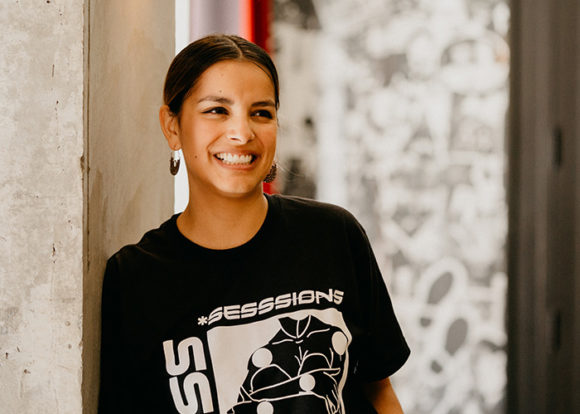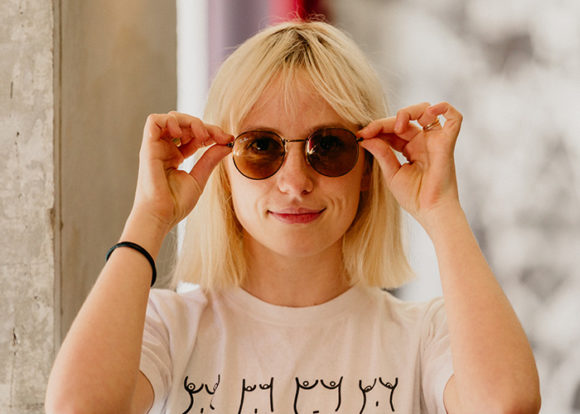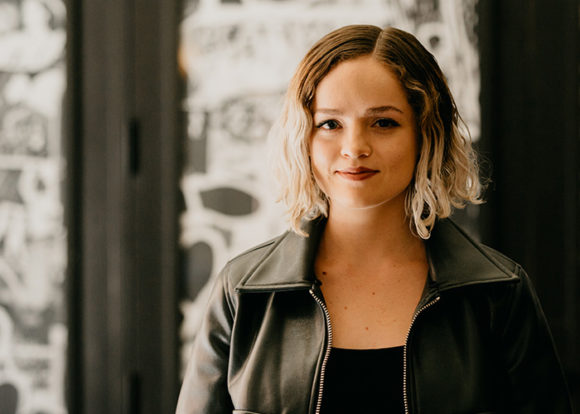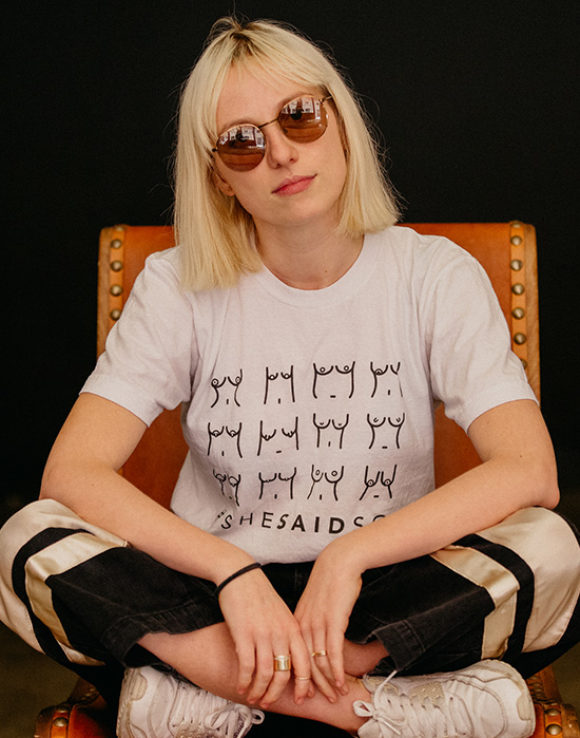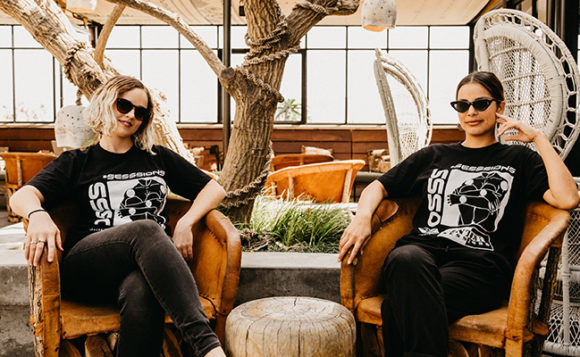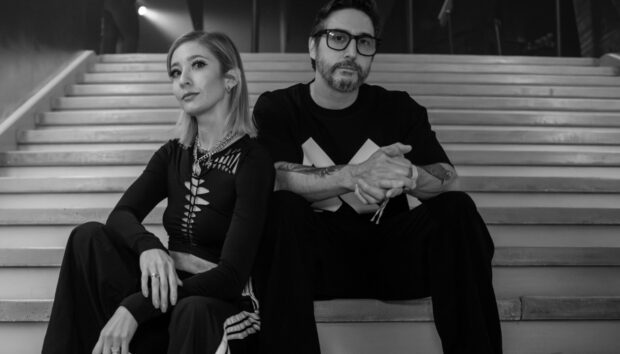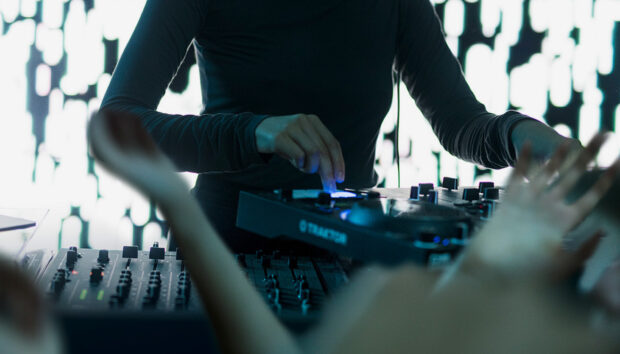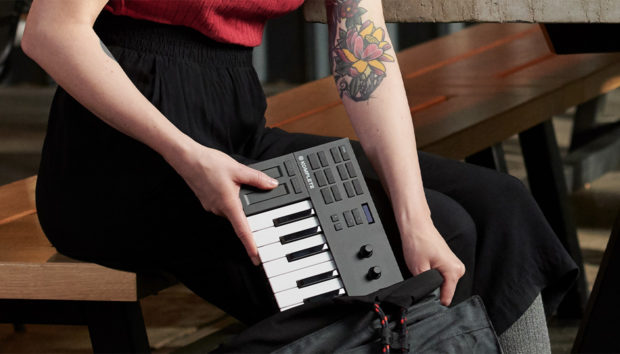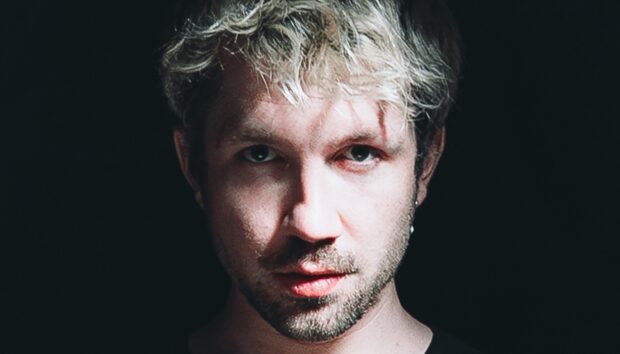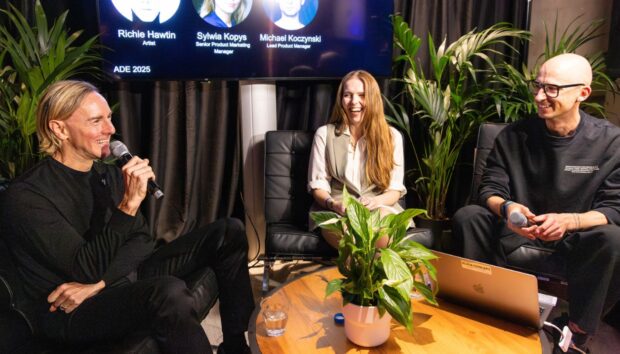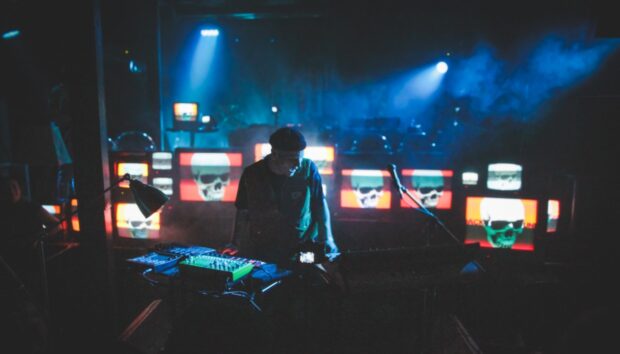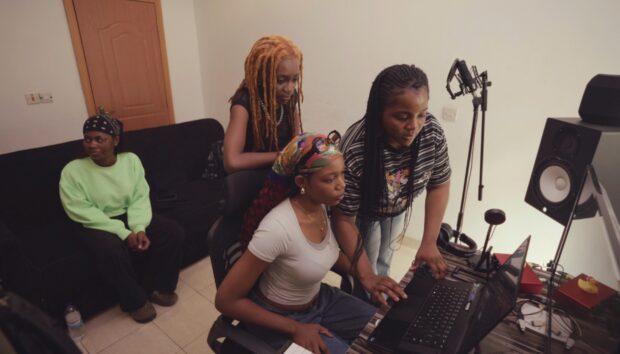Ahead of the Intersessions and shesaid.so day of workshops and panels at the Ace Hotel in Los Angeles, Native Instruments sat down to talk to those behind the scenes to talk community building, and why putting resources into women’s hands is integral for the future of music.
A few years ago, Los Angeles-based strategist Andreea Magdalina was working at a music streaming service in London, and she found herself in a frustrating meeting with a “well-respected media conglomerate” in the U.K. She was there with her boss, an man in his 30s. “We were surrounded by older white men in suits,” she says. “I never felt as small as I felt that day, where they were looking at me like I’m an intern or an assistant — not that that’s a bad thing — but they automatically assumed that I don’t have a louder voice, so I didn’t get a chance to express mine, at all. I was there to take notes.”
This experience — in addition to other previous experiences with sexism in the industry, like being repeatedly mistaken for someone’s groupie or girlfriend in green rooms and at music events — inspired her to found shesaid.so, an organization dedicated to connecting women in music to each other for support. “I was working at the intersection of music and tech, both of which are struggling with diversity. But what I noticed is that while the tech sector was really embracing this conversation — they were acknowledging the fact that there was a problem, and they were actively looking for solutions to get more women on board — the music industry was in a total opposite corner, totally ignoring that this was even thing.” Shesaid.so was born to help bridge this wide gap, a simple listserv that would allow women to share contacts, resources and tips with each other, as well as arrange meetups.
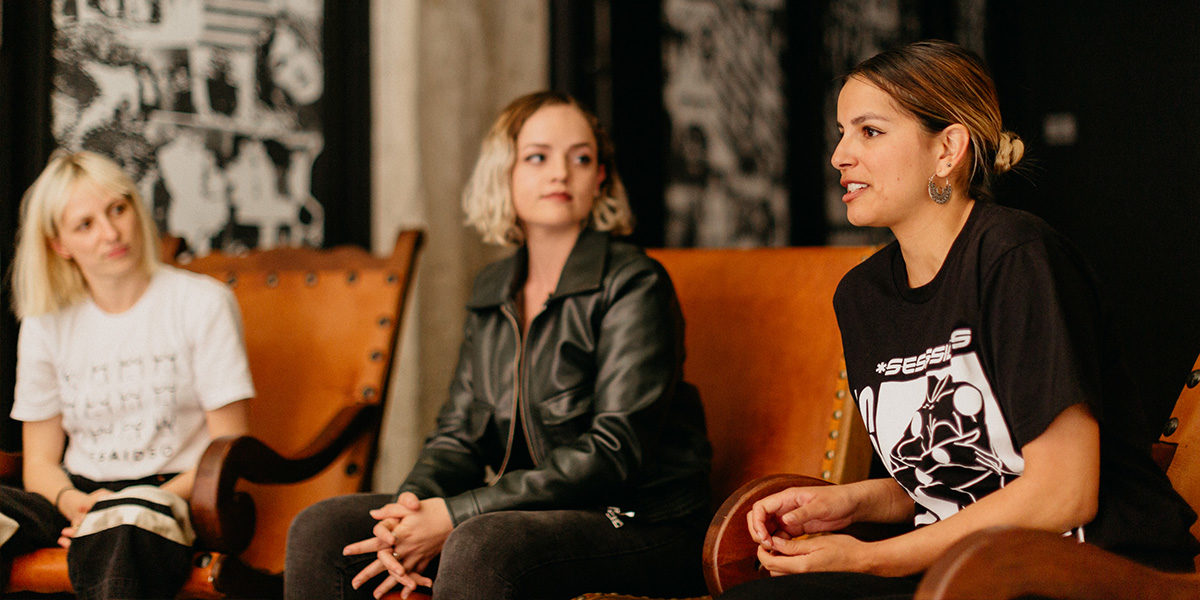
Now, shesaid.so is collaborating with Intersessions LA — along with Native Instruments — to throw SSSO-Sessions, a celebration of women in music at the ACE Hotel on April 7th. The day-long event will feature workshops, panel discussions, and a rooftop after-party hosted by LA-based musician Kim Anh. “Our community is mostly made up of women who work behind-the-scenes in executive roles, on the business side of things,” says Magdalina. “So it’s a great way for us to get closer to the creators, to the artists, and be able to utilize our network to support the creators.”
What started out as a modest listserv in 2014 has since ballooned to an organization that claims 2500 members in 14 city chapters around the world, including Mumbai, Berlin, and Los Angeles, where Magdalina currently resides running the local chapter. Melina Powell was a young college student when she first joined as an editorial and social media manager more than two years ago. She now serves as Head of Community, and spearheaded the effort to organize SSSO-Sessions. “I think the great thing about shesaid.so, is that when you meet people at shesaid.so events, it’s not the cold, networking vibe of, ‘What you do? And who do you know? And what’s your job title? And how can I get something out of you?’” says Powell. “It feels more like people making genuine connections and friends.”
It was through the listserv that Powell came to know Kathy Suarez, a local DJ who performs as Helikonia, and connected with her to spearhead SSSO-Sessions. Suarez had messaged the listserv about an international DJ workshop series called Intersessions, founded in Vancouver by Chippy Nonstop, Rhi Blossom and Ainsley Willow to support aspiring women and LGBTQ+ artists. She had gotten involved with Intersessions years prior — she started DJing later in life, and felt intimidated by an industry she felt was very insular and difficult to enter, especially for someone who didn’t already have music training or education. “I’m Colombian, and the way I grew up, my parents were like, ‘That’s not a job,’” says Suarez. She learned to DJ on her own time, while working a corporate day job outside the music industry.
Intersessions helps draw down some of the barriers to entry, especially for members of marginalized communities, like Suarez. “I wanted more young people to have that opportunity and not just think, ‘I have to go to this expensive school to be a DJ or be in music,’” says Suarez. “A lot of our teachers who come through Intersessions are self-starters and have taught themselves.”
Intersessions is built on the same volunteer networks and connections that shesaid.so has painstakingly built — it relies on a community of people willing to surrender their time and energy to help others gain access to education and resources to which they would not otherwise have access. Over the years, says Suarez, she’s been surprised by the number of eager participants who’ve come to make Intersessions what it is today. “I had this perception, living in New York, that if you were one of the cool kids, you wouldn’t be volunteering your time,” she says. “I was shocked by how many people were like, ‘yes, I love this, let’s do it,’ — people, who I know don’t do things without getting paid. But they were also down for the cause. Everyone’s just doing it for the community.”
It’s with this spirit that Intersessions and shesaid.so are joining forces to put on SSSO-Sessions. They hope it will be an opportunity for women, nonbinary and LGBTQ+ artists in Los Angeles to benefit from shared educational resources and tools, as well as meet and support each other. “Something that I’ve learned a lot throughout this whole process is that it starts with you,” says Suarez. “[For example,] Miss Modular is going to be hosting our panel. I was on her radio show; she’s all about supporting women and having people on her show that maybe don’t have that loud of a voice because the industry doesn’t give it to them.”
All three women stress cooperation as a key component to success. “You don’t have to stop being nice to be successful,” says Magdalina. “Collaboratively and collectively, we’re much stronger.”
You can sign up for the SSSO-Sessions here.








